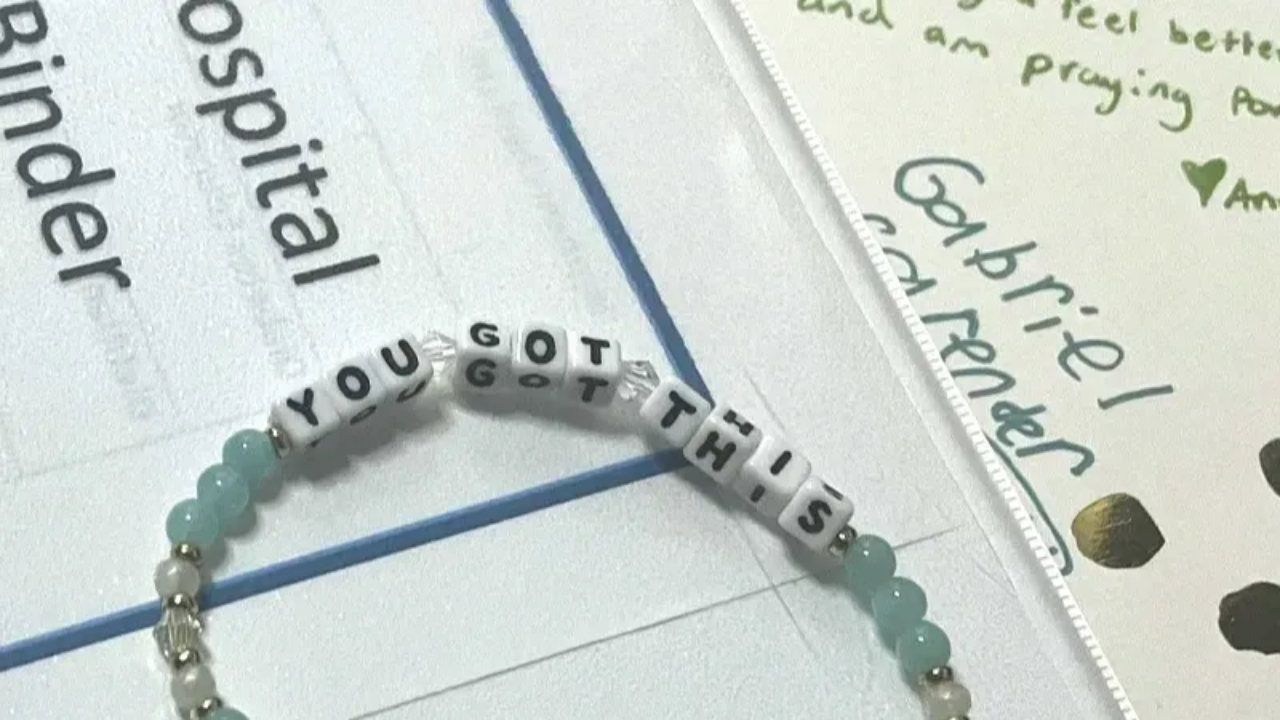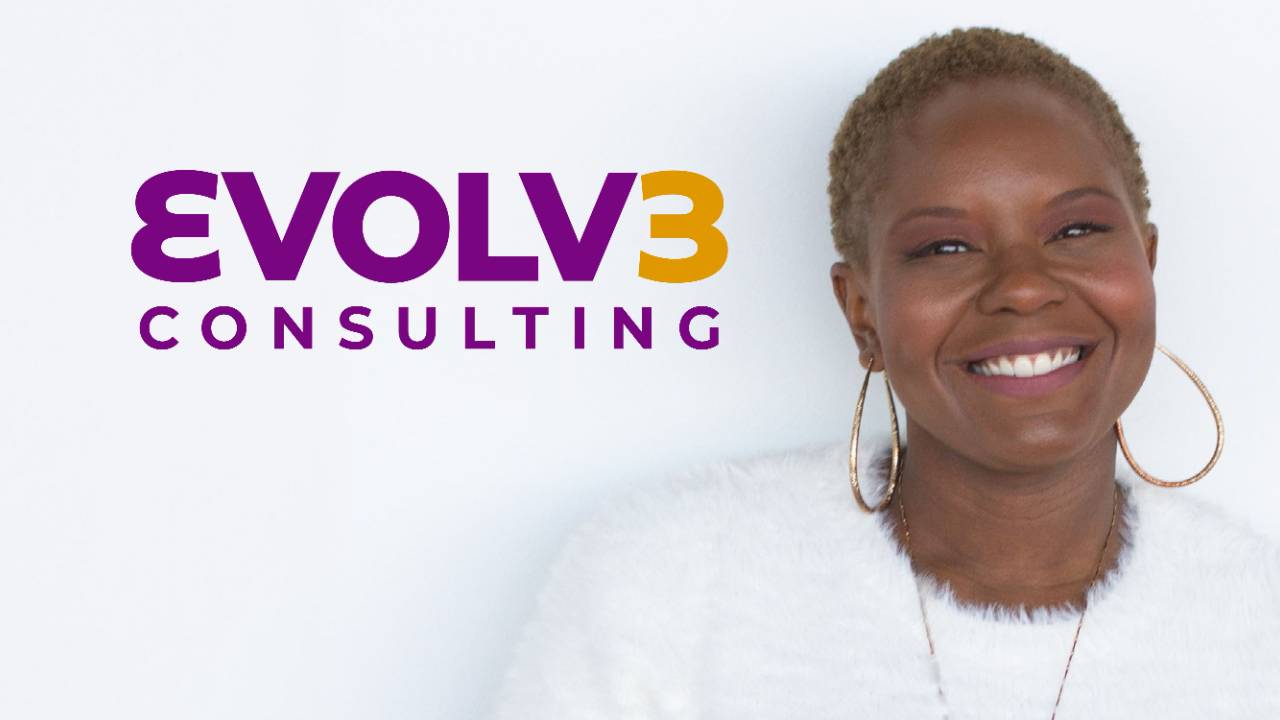Understanding yourself allows you to advocate for yourself.

In the previous post, we discussed the importance of understanding who you are as a leader as it shows up in both our professional and personal lives. I shared a personal journey of navigating my daughter’s diagnosis of type 1 diabetes.
In this, the second of two posts, I’m inviting you to see how real-life issues impact leaders to help understand who you are as a leader. You may learn some about navigating diabetes education and discharge, but I hope you’ll see that what we know about ourselves can directly impact how we navigate stressful, complicated situations.
I vividly remember our third morning in the hospital.
Very early that Tuesday morning, my daughter, Ryan, was released from PICU into the Endocrinology wing. We expected a two-day diabetes training to begin later that day, but how much can anyone really retain from two days of training?
Lesson 5: There is no ideal situation.
Even if the ducks are lined up in a row, you’ll have the wrinkles in your mind to iron out. You can’t wait for ideal.
At that point I knew very little about type 1 diabetes. My daughter hadn’t spoken a single audible word or walked in days. This wasn’t an ideal learning situation, and I felt myself regressing from my previous handle on the situation. There is the “lion in the room” and the “lion in our heads.” The one in my head – the one that weaves worst-case scenarios – was distracting me from building a time-bound, actionable plan.
Before I would be able to learn the ins and outs of diabetes care, I needed to conquer the situation. That’s when the nurse who would train us walked in and greeted me with kindness and friendliness.
That’s what I needed. Her binders, pens, and highlighters gave me pause. Her smile, her disposition was a gift. Her friendly demeanor meant that I only had the stress of learning ahead of me.
What I needed to learn was detailed and specific. It’s just that I don’t love the details – or the specifics. I enjoy the theory. I like to start at thirty thousand feet. In this case, I needed to get in the plane, take off, and learn the controls first.
It was the near-term I was stuck on. Her ability to play volleyball, our overseas vacation, and gaps between meals. But I was also preoccupied with the long-term. How would this affect college, her career, and a future family? And then it was about the here and now – this uncomfortable chair, the unwieldy hospital bed, and paper binders. (Who uses paper anymore?) There were a lot of “highlight this” and “remember that” for my thirty-thousand-foot mind. She saw head nods. I felt silent tears.
But that night, my daughter whispered to ask me to lay in the bed with her. Turns out, she was hearing a lot of the training. Turns out, she also needed me to get out of panic mode and into action mode. They say children are resilient. I could see it.
Lesson 6: Advocate for yourself before advocating for others.
Especially when the stakes are high, prioritize advocating for yourself. You know what you need. And after you ask for that, you’ll be in a better place to advocate for others.
My second day of education couldn’t be as distracted as my first. To learn something, I know the situation I need.
I got my mind ready and ducks in a row. I asked my former husband if he could help us slow the conversation to match my needs. He was able to follow, but I wasn’t keeping up. I asked to start our second day with the thirty-thousand-foot view, asking if we could take this plane into the clouds a bit. I asked colleagues to help build a spreadsheet to log and develop a dosing calculator. I put away the binder. No pens or highlighters. It’s what I knew I needed. I advocated for myself first.
By our fifth day in the hospital, Ryan had her strength, her voice, and her stride – literally and metaphorically. I’d advocated for an additional day of education. I knew I needed to feel confident about my ability to care for her. We discharged with a 3-hour drive ahead.
Lesson 7: Don’t work alone. Don’t do life alone. Invest in your people.
Find your people. Make that your priority – no matter the role, rank, or title you find yourself in. There are those who care about you and want to see you win – no caveats. They’ll surprise you.
It was a bit like having a newborn again. None of the rhythms we’d grown into worked any longer. But we had the help of so many friends. My parents, siblings, aunts, uncles, and cousins all showed up in ways I never imagined – and I’ll never forget. The help of my colleagues gave me another reason to be impressed with those I work with. We continue to have friends check in on us – in person and through social media. The support of her classmates and school staff was overwhelming. Our greatest fear had been acceptance, and on her return to school I knew it was an unwarranted one.
A girlfriend of mine said it all. I’d thanked her for checking in on us. She said, “for Ryan to be the best Ryan, Onika has to be the best Onika. I don’t know anything about type 1 diabetes, but I do know what being a friend is.”



